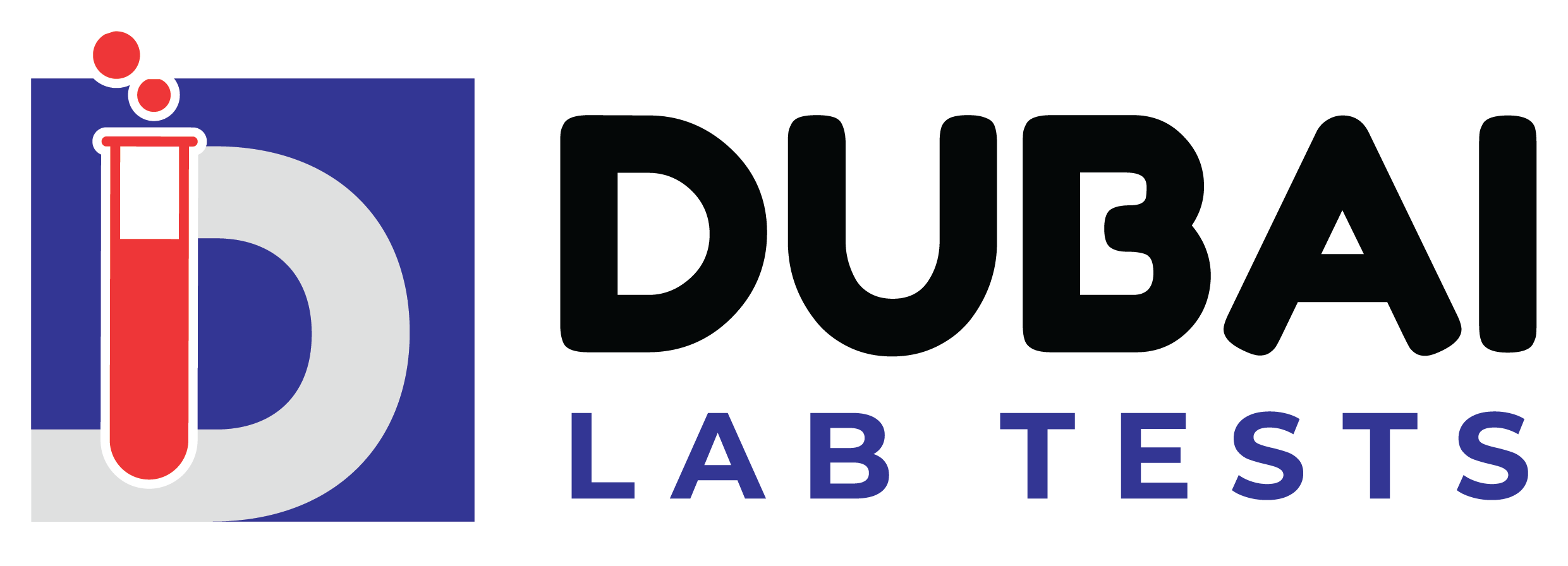Comprehensive Female Cancer Marker Test – Early Detection & Accurate Results
د.إ650.00
FEMALE CANCER MARKERS PACKAGE
Cancer Marker Tests
- Alpha-Fetoprotein (AFP) – Lung Cancer Marker
- Beta-Human Chorionic Gonadotropin (Beta-HCG)
- CA-125 – Ovarian Cancer Marker
- CA 15-3 – Breast Cancer Marker
- CA 19-9 – Pancreatic Cancer Marker
- Carcinoembryonic Antigen (CEA) – General Cancer Marker
Description
Female Cancer Marker – Early Detection for Empowered Health
The Female Cancer Marker is a diagnostic tool designed for early detection of female-specific cancers such as breast, ovarian, and cervical cancer. It offers high sensitivity and specificity, enabling accurate identification of cancer markers in the blood. Key features include rapid testing, non-invasive sample collection, and compatibility with standard laboratory equipment. Benefits include early diagnosis for improved treatment outcomes, reduced need for invasive procedures, and enhanced patient peace of mind.
Benefits:
– Early Detection: Identifying cancer at an early stage significantly increases treatment options and improves survival rates.
– Peace of Mind: Regular monitoring with the Female Cancer Marker provides reassurance and helps detect changes before symptoms arise.
– Empowered Health Management: Armed with knowledge, you can make informed decisions about lifestyle changes, preventive measures, and medical consultations.
– Support for High-Risk Individuals: Ideal for women with a family history of cancer or genetic predispositions, offering an extra layer of vigilance.
1. Alpha Feto Protein (AFP)
- Role: AFP is a glycoprotein normally produced by the fetal liver and yolk sac. It is primarily used to monitor liver cancer but can also be elevated in other cancers.
- Associated Cancers:
- Liver cancer: AFP is a key marker for hepatocellular carcinoma (HCC).
- Ovarian and testicular cancers: AFP levels can be elevated in yolk sac tumors or germ cell tumors.
- Lung cancer: Rarely, AFP can be elevated in certain lung cancers.
- Other Conditions: Non-cancerous conditions like cirrhosis or hepatitis can also raise AFP levels.
2. Beta Human Chorionic Gonadotropin (Beta HCG)
- Role: HCG is a hormone typically produced during pregnancy by the placenta. Elevated levels in non-pregnant women may suggest certain types of cancers.
- Associated Cancers:
- Gestational trophoblastic disease: HCG is commonly elevated in diseases like hydatidiform mole and choriocarcinoma, both associated with abnormal growth of placental tissue.
- Ovarian cancer: Some ovarian germ cell tumors, particularly those that secrete HCG, can cause elevated levels.
- Testicular cancer: It is often used to monitor testicular cancer, especially seminomas.
3. CA-125 (Cancer Antigen 125)
- Role: CA-125 is a glycoprotein that is often elevated in women with ovarian cancer. However, it can also be elevated in various benign and malignant conditions.
- Associated Cancers:
- Ovarian cancer: CA-125 is primarily used to monitor ovarian cancer treatment and recurrence.
- Endometrial, fallopian tube, and peritoneal cancers: CA-125 can be elevated in these cancers as well.
- Other Conditions: Benign conditions like endometriosis, fibroids, pelvic inflammatory disease, and liver cirrhosis can also cause an increase in CA-125.
4. CA 15-3 (Cancer Antigen 15-3)
- Role: CA 15-3 is a tumor marker primarily associated with breast cancer. It is often used in monitoring treatment efficacy and detecting recurrence of breast cancer.
- Associated Cancers:
- Breast cancer: Most commonly elevated in patients with advanced or metastatic breast cancer.
- Other Cancers: Can also be elevated in cancers such as lung, ovarian, and liver cancers.
- Other Conditions: Benign conditions like benign breast disease, liver disease, and endometriosis may cause mildly elevated CA 15-3 levels.
5. CA 19-9 (Cancer Antigen 19-9)
- Role: CA 19-9 is a carbohydrate antigen that is most useful in detecting pancreatic cancer but can also be elevated in other types of cancer.
- Associated Cancers:
- Pancreatic cancer: CA 19-9 is particularly useful for monitoring pancreatic adenocarcinoma.
- Colorectal cancer: CA 19-9 may be elevated in colorectal cancer.
- Stomach, bile duct, and liver cancers: Can also be elevated in these cancers.
- Other Conditions: Non-cancerous conditions such as pancreatitis, cirrhosis, or benign bile duct obstruction can also cause an increase in CA 19-9 levels.
6. Carcinoembryonic Antigen (CEA)
- Role: CEA is a glycoprotein normally produced during fetal development. It can be elevated in various cancers, particularly gastrointestinal cancers, but is not specific to one type of cancer.
- Associated Cancers:
- Colorectal cancer: CEA is most commonly used to monitor colorectal cancer, both for detection of recurrence and response to treatment.
- Breast, lung, pancreatic, and gastric cancers: CEA can also be elevated in these cancers.
- Other Cancers: It is used to detect or monitor cancers of the liver, rectum, and ovary as well.
- Other Conditions: CEA can be elevated in non-cancerous conditions like liver cirrhosis, inflammatory bowel disease (IBD), and smoking.
Information about Female Cancer Marker Test:
- Cancer Detection: These markers are generally not used as standalone diagnostic tools but are part of a broader diagnostic process. A combination of imaging studies, biopsies, and clinical findings are needed for definitive cancer diagnosis.
- Monitoring Treatment and Recurrence: These markers are primarily used to monitor treatment progress and detect cancer recurrence in individuals already diagnosed with cancer.
- Limitations: Elevated levels of these markers do not necessarily indicate cancer. Non-cancerous conditions can also cause an increase, and not all cancers will cause an elevation of these markers.
Take charge of your health today with the Female Cancer Marker—because early detection saves lives.






Reviews
There are no reviews yet.